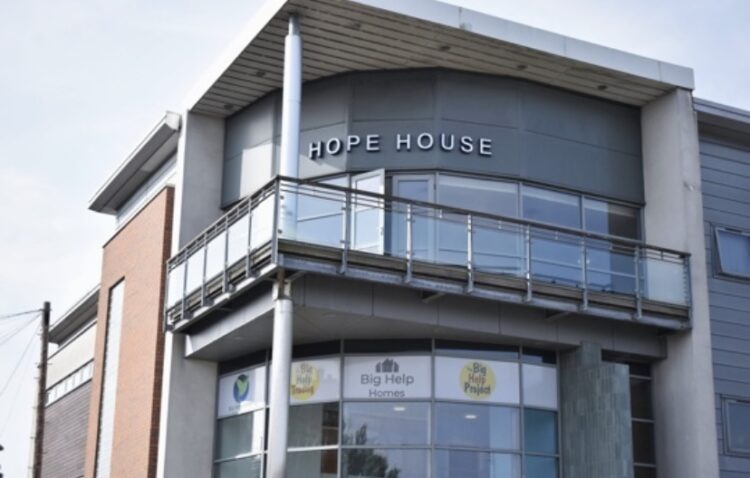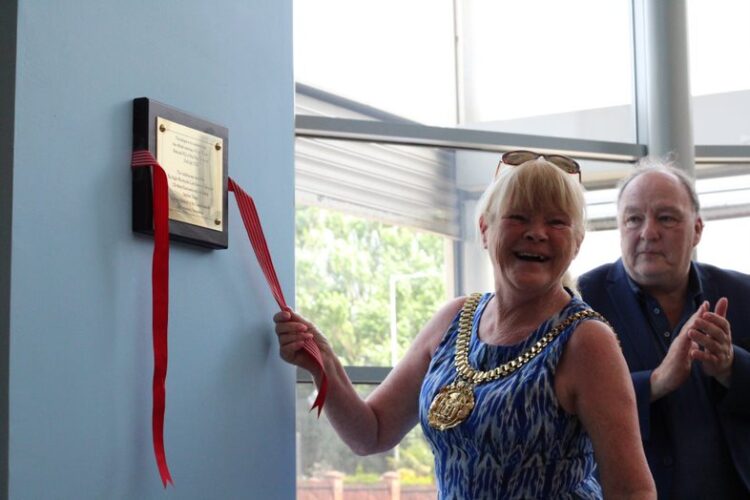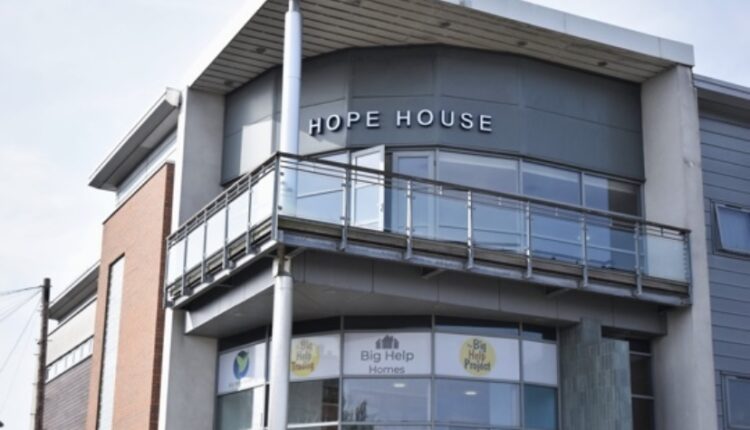A charity based in Liverpool, The Big Help Project, is is providing safe, affordable housing for thousands of vulnerable people across England with a innovative investment model. Tony McDonough reports

A Liverpool-based project is providing more than 2,500 homes for vulnerable people across England using a new investment model.
The Big Help Project, a charity based in Kensington, is providing secure housing in the north and Midlands and south. It harnesses investment from private pension funds to purchase through a REIT (Real Estate Investment Trust) model to acquire properties for rent.
Initially designed to support people from vulnerable groups, such as ex-offenders, asylum seekers, and people fleeing domestic abuse, the growing portfolio now includes housing for general needs.
The project was launched last year after senior managers at The Big Help Project became frustrated at the lack of joined-up thinking around housing, and the resulting stalled social housing building programme, rising homelessness, increased rough sleeping, and thousands housed in unsafe or unsuitable accommodation.
Since welcoming their first tenant in 2019, the project has been launched nationwide across England, with more than 2,500 properties in Liverpool city region, the south, the Midlands and the North-East. The organisation now employs 111 people.
In Merseyside it also operates the Fresh Start programme which provides housing and support for people who have just left prison and have no existing address.
Executive chair of the charity, Peter Mitchell, said: “In the fifth-richest country in the world, it is a disgrace that there are thousands of people who do not have a safe, secure and suitable roof over their head.
“Right-to-buy and an absence of any meaningful action to replace those social housing units has led to a bloated private rental sector that is focused on profit, and a catastrophic lack of homes for those for whom private rent or getting a mortgage is just not an option.
“Add people who need additional support to sustain a tenancy-such as ex-offenders, people leaving domestic abuse, and asylum seekers-and you have the makings of an entrenched housing crisis that there seems to be very little political will to address this.

The Big Help Housing has been designed to address these issues through tenancy agreements that do not require a deposit, are adaptable for people on weekly or fortnightly pay, and include tailored support if needed.
This support includes debt management through Jubilee Debt Advice, welfare rights advice, employability support and signposting to other services including well-being and substance abuse counselling, to give the tenant the best possible chance of sustaining their tenancy.
Originally based in Knowsley, The Big Trust originally delivered all the Trussell Trust foodbanks throughout the borough. It still provides those services but leaders of the organisation increasingly saw housing provision as one of the most important ways of improving people’s lives.
Unlike the Big Help Project’s Foodbank service, which is designed to become obsolete once food becomes in the reach of all, The Big Help Housing will be a permanent housing option.
It seeks to re-establish social housing as a way for everyone, regardless of their means, to have a safe, suitable and secure foundation upon which to build a positive life for added, their families and their communities.
Peter explained: “By raising the bar in terms of the quality of housing, and pro-actively supporting tenants where needed, we will see improvements both in the quality of housing stock across the board, and in communities as people become invested in that community.
“As someone who is proud to have grown up in social housing, it is ironic that, through the free market, The Big Help Housing brings us full circle to when social housing was not seen as none-aspirational, but as a treasured and respected part of a cohesive society that, without apology, accommodated all and worked towards the greater good.”

